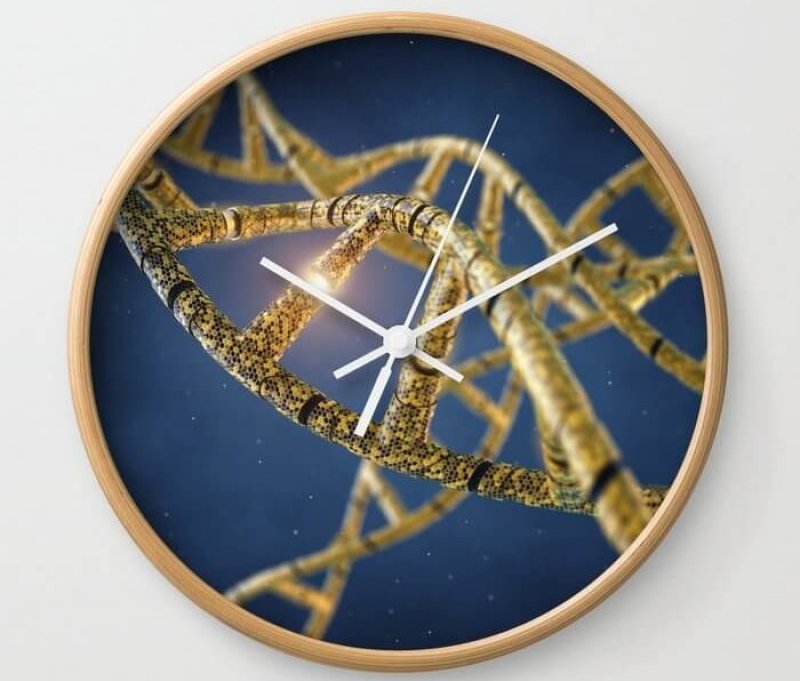Biological age isn’t as simple as counting the number of birthday candles you’ve blown out like your chronological age. Rather, it is a measurement of your age based on different biomarkers. Our cells can progress more or less rapidly than our chronological age. Now, researchers at the University of Cologne have developed an “aging clock” that reads the biological age of an organism directly from its gene expression, the transcriptome.
…
Typically aging clocks have been based on the pattern of methylations. The new clock, however, takes into consideration the set of genes that are read from DNA to make proteins for the cell.
“Aging clocks based on transcriptomes have suffered from considerable variation in the data and relatively low accuracy. Here, we devised an approach that uses temporal scaling and binarization of C. elegans transcriptomes to define a gene set that predicts biological age with an accuracy that is close to the theoretical limit. Our model accurately predicts the longevity effects of diverse strains, treatments, and conditions.”
The researchers were able to show that the model accurately predicts the effects of several lifespan‐affecting factors such as insulin‐like signaling, a dysregulated miRNA regulation, the effect of an epigenetic mark, translational efficiency, dietary restriction, heat stress, pathogen exposure, and the diet‐ and dosage‐dependent effects of drugs.































